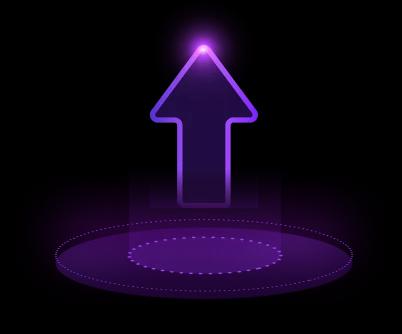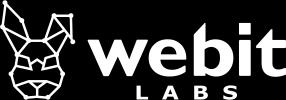

Powered by blockchain technology, decentralized applications (dApps) operate on a peer-to-peer network instead of single entity control, a hallmark of a blockchain development company. These Web3 crypto projects revolutionize blockchain app development through the use of self-executing smart contracts acting as backend code. With such innovations, the best blockchain development implementations enable decentralized operations, fostering Web3 development, thus defining a new era of digital innovation and enhancing the blockchain's capabilities.
Decentralized finance (DeFi) applications, in particular, make extensive use of dApps. They have the potential to be used to build decentralized exchanges, lending systems, and prediction markets.
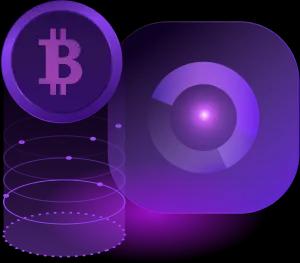
dApps can deliver transparent and effective supply chain management solutions. They can be used to track the movement of items, confirm the legitimacy of products, and secure the supply chain's integrity.

dApps can be used to build platforms on which users can produce and share content while earning cryptocurrency rewards. Decentralized social media platforms and content-sharing platforms are two examples.
dApps can be used to develop platforms for the secure and transparent sharing of patient data in the healthcare sector.

dApps have found widespread use in the gaming industry, where they are utilized to build decentralized gaming platforms and marketplaces for in-game content.

dApps can be used to create DAOs, which are organizations run by smart contracts rather than individuals.
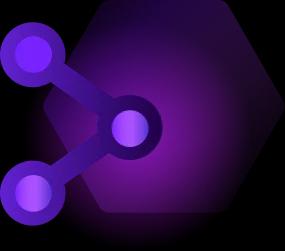
All records of transactions on dApps are stored on a public and decentralized blockchain, which ensures full transparency of their operations.

Due to their decentralized nature, dApps are protected against control and interference from a single authority. This makes them resistant to censorship and external manipulation.

dApps leverage the power of blockchain's distributed ledger technology, which means they don't have a single point of failure and are less likely to have downtime.

Users can trust the data and transactions within dApps because they are immutable and transparent on the blockchain.
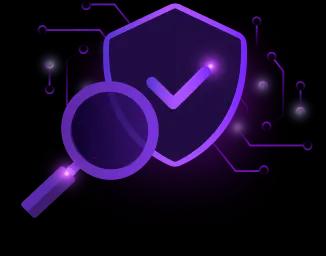
By eliminating the need for intermediaries, businesses can reduce costs associated with transactions and data management.
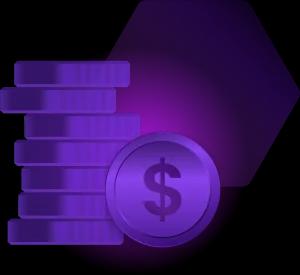
dApps can enhance a project by introducing a new incentive system via cryptocurrencies or tokens, new gamification methods, and finally adding the Web3 element to your Web2 project.
